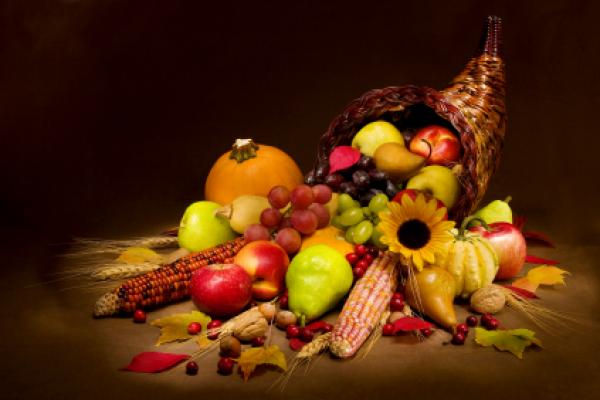
Today is American Thanksgiving, a holiday which in recent years has acquired more of a controversial status. There was one thing that was always kind of nice about Thanksgiving: it didn’t matter if you were a Christian, a Jew, a Muslim, a Buddhist, a Hindu or an Atheist, everyone could kind of enjoy the holiday equally. Well, everyone except for Native Americans.
As goes Columbus Day, so goes Thanksgiving.
Thanksgiving wasn’t really a holiday at all until Abraham Lincoln tried to use it as a small part in healing the divisions in the United States after the civil war. It derives, of course, from the “harvest fest” that the Pilgrims celebrated with the Wampanoag tribe after the first successful harvest that the Pilgrims managed in 1621. The event was such a non-event, really, that nobody actually knows when it happened. The best guess is September 29, 1621. But it could have been as late as November 11. Nobody really knows.
After the Revolutionary War, there were “Thanksgiving” days that were celebrated, but not on the same day. Puritans in the Massachusetts Bay Colony apparently celebrated various Thanksgiving days from 1630 on, and a few other colonies also celebrated Thanksgiving days, but not necessarily because of the harvest feast with the Wampanoag. These celebrations could be in honor of a military victory, an adoption of a state constitution or an exceptionally bountiful crop.
The Continental-Confederation Congress, the legislative body that governed the United States from 1774 to 1789, issued several “national days of prayer, humiliation, and thanksgiving”, a practice that was continued by Presidents Washington and Adams after the Constitution was signed. But it wasn’t until Lincoln and the Civil War that it really took hold as a national day of celebration.
Much like Columbus Day, Thanksgiving is seen by some as a celebration of the conquest and genocide of the Native Americans who were residing here in North America before the Europeans arrived en masse. Some have condemned the “cultural and political amnesia” of a country that celebrates Thanksgiving, given its historic origins. One commentator has declared that an indication of moral progress in the United States would be “the replacement of Thanksgiving Day and its self-indulgent family feasting with a National Day of Atonement accompanied by a self-reflective collective fasting.”[1]
Since 1970, the United American Indians of New England have led a National Day of Mourning on Thanksgiving at Plymouth Rock in Plymouth, Massachusetts in the name of social equality and in honor of political prisoners. The group has accused the United States and European settlers of fabricating the Thanksgiving story and whitewashing a genocide against Native Americans.
That kind of thinking is not going to mesh well with people like Beverly Beckham, who just recently authored an article in praise of Thanksgiving, in which she wrote, among other things:
No gifts required. No garland. No glittering lights. No grand expectations. Thanksgiving is more holy day than holiday. We sit at a table and share a meal and memories with people we love and say thank you, to God, to nature, to the world, and to each other.
It would be nice if it were so, but as people of conscience we really do have to re-evaluate the place of a holiday that while on the one hand represents a nice episode in the history of Native American/European settler relations, really was in other ways the kick-off to a cultural and human genocide.
[1] Professor Robert Jensen of the University of Texas at Austin published an article to this effect on Alternet back in 2005.
